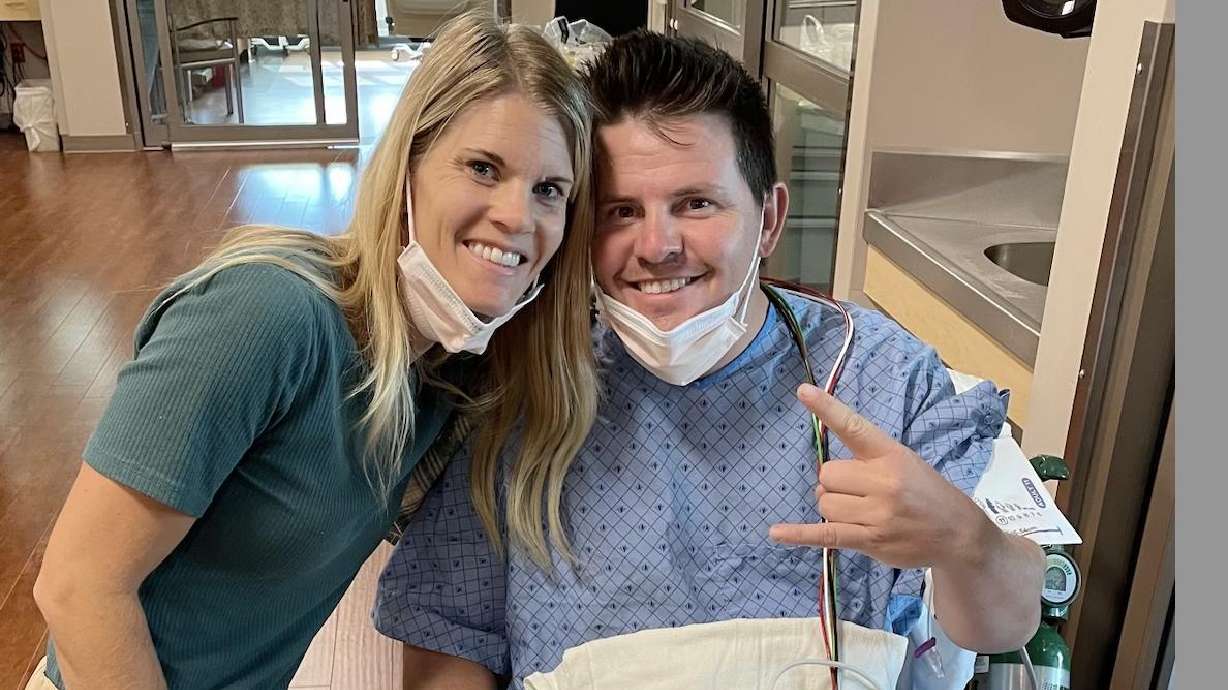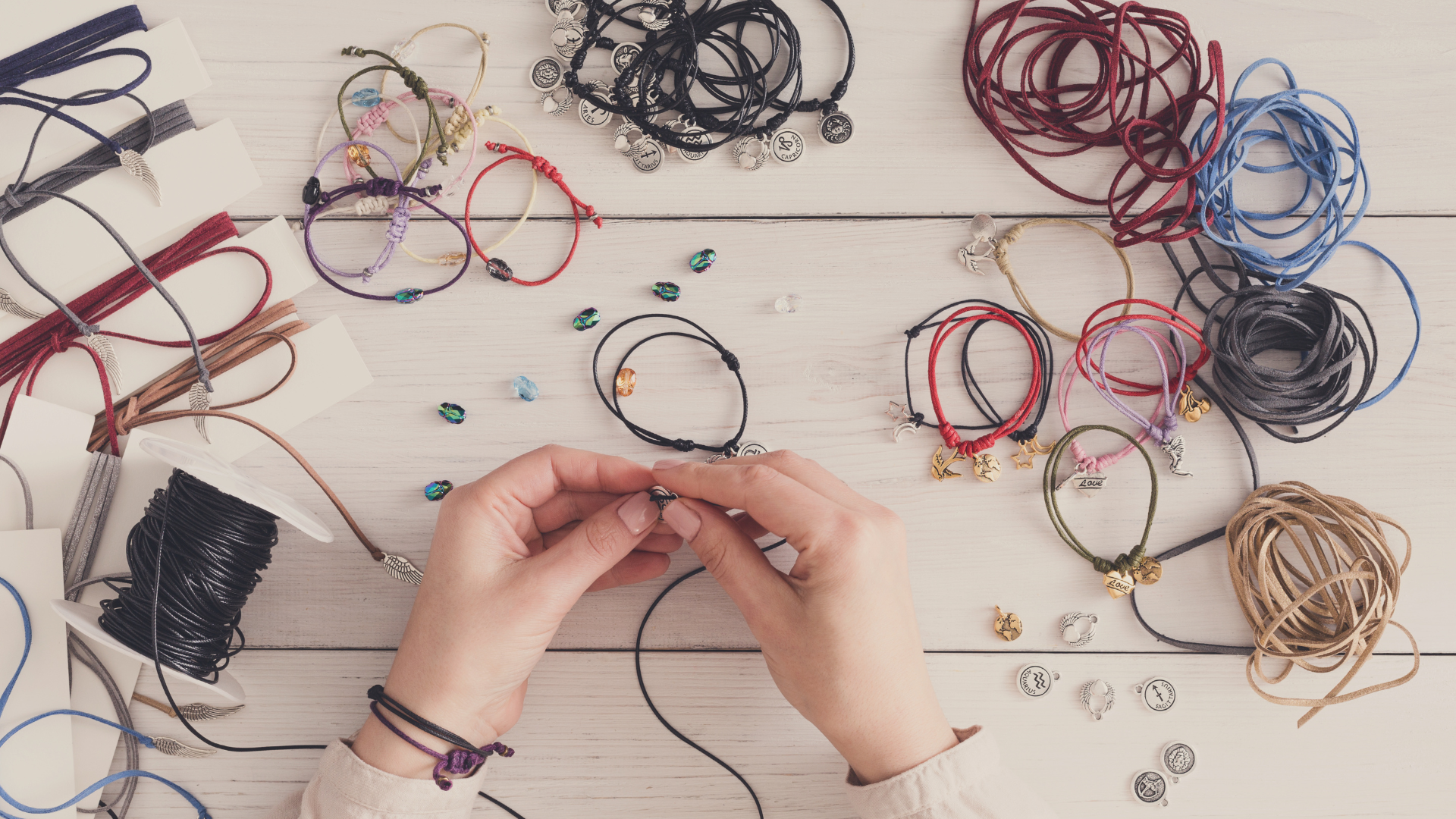HEALTH
Inside Sources: Coping with stress amid a pandemic
Jul 9, 2020, 3:36 PM | Updated: Aug 7, 2020, 11:14 am

Healthcare company PlushCare analyzed 4 million tweets to find out how stressed each state is. (Getty Images)
(Getty Images)
SALT LAKE CITY — The coronavirus attacks the body, but the enduring impact of the pandemic can cause stress that savages the psyche.
Counselor Jenny Howe joined Deseret News Opinion Editor Boyd Matheson on Inside Sources to discuss healthy ways to cope with pandemic stress.
Pandemic stress
Howe offered tools and tips for setting mental health expectations amid the COVID pandemic, which has delivered disappointment and increased stress by canceling things like vacations, weddings and graduations.
“How do we deal with the unmet expectation game?” Boyd asked.
“Unmet expectations are the root of all unhappiness, just in general. When we base our moods and emotions on outcomes, of any sort, externally, we are bound to be disappointed,” Howe said. “. . . I have to be able to do what’s best for me today and not really base my happiness on this external event or thing that’s in the future. We learn to kinda live with our emotional states, I think, when we do that . . . recognizing that there are expectation but not allowing those to dictate how we feel.”
What’s important is here now
“This is not just a pandemic problem. This is a life problem,” Boyd said.
“Once we learn to accept the negative, the positive, the good, the bad, all throughout our day, every day, we learn that those expectations we hold for future events are a lot less important,” Howe said. “What’s important is sitting right in front of us.”
Howe pointed out that the global pandemic hasn’t changed our relationship with uncertainty. The fact that no one can predict the future, whether it’s a day from now or a month from now, was true before the coronavirus struck.
“What we actually know now is that we can count on ourselves to be more present and that’s what’s going to allow us to enjoy our time at home or enjoy the fact that we get to work from home,” Howe said. “But nothing has changed in terms of the uncertainty. That has always existed.”
Controlling thinking and feeling
“How do we get more present to the moment? Both so we can experience the joy but also so we can actually do the things that will help us for the future,” Boyd asked.
“We can’t control the fact that we have automatic thoughts,” Howe said.
Automatic thoughts, Howe said, happen more than 10,000 times a day.
“We can’t control the fact that we have reactions to those thoughts. Our emotions are chemical. They are present all the time. What we can control is how we think about our thinking and how we think about the way we are feeling,” Howe said.
“I have always felt like I was running out of time,” Howe said. “A couple of years ago when I got cancer, I recognized in the split second of time that that could all just dissipate, that could go away, instantly. I started to really have to look within myself and recognize that all of these outward expectations that I had placed on myself as a perfectionist, all of these things that I was working toward, really meant nothing if I wasn’t gonna make it in the next three months.
Focus on the now
“I was faced with that solidified uncertainty of life and death. . . . I recognized that if I don’t learn to place myself in a position where I think about the present moment as the last moment of my life, rather than six months later, I was going to be miserable waiting for this inevitable end to my life,” Howe said.
“It’s cliché,” she said, “but we have this gift of the present available to us. The way we choose to think about the way that we are thinking. The way we choose to interpret the way that we’re feeling gives us so much more control than we think. We have the absolute control to sit in serenity amidst even questions of mortality, amidst pandemic, amidst any other life event that seems impossible to circumvent. . . based on how we feel and think.”
Exhale moment
Boyd mentioned that we all geared up and pushed hard to get through the first phase of the pandemic, fighting through the stress of dealing with schools, kids and work, and we are now sensing that we have further to go.
“I am a little exhausted today,” Boyd said.
“Burn-out is a real thing. We had a lot of adrenaline pumping in the beginning of all of this,” Howe said, saying we thought this would all be temporary. “When that expectation wasn’t necessarily met, and now we’re still continuing, it’s been a hard reality check for a lot of us. I can certainly relate to that as well.”
Good or bad, emotions will pass
“What are some things that we can do to be a little bit more mindful, a little more present to the moment, even under stress?” Boyd asked.
“It’s important to know that stress, any negative emotion, any positive emotion is fleeting, so when we give it too much power to control us that’s when we run into problems,” Howe said. “The first step really recognizing that although I’m feeling a sense of urgency, feeling stressed and overwhelmed right now, that’s going to eventually go away — probably within the next hour. But when we give power to it, that’s when it invades us.
“A tip that we can do to take that perspective of the fluidity of emotions is to allow ourselves to think of our brain as if we are looking at it and say ‘OK, Jenny, I am living in my emotional brain right now. I just got a text message that is really, really pushing me over the edge: I feel a sense of urgency, I feel that I’ve got to respond to this right now. You can’t tell that this is a total personal experience, by the way. . . . Urgency is something that we feel that we have to do something with, but we don’t. It is fleeting just like any other emotion.
Final thoughts on pandemic stress
“I’ll often take an action-step and text myself whatever I want to do in response to this message I received. And then I make a promise to myself: Within 60 minutes if I still feel that way, I can send that message. I can allow that emotion to take control at that point. But I’m going to give myself some space and time and clarity to look at the emotional range. Boyd, every single time, 100 percent of the time, I’ve never sent that message 60 minutes later. My emotions have simmered. I feel a little less stressed, a little less urgent. I’m able to reconcile what I need to do in a more appropriate way. When we take that third-eye perspective or the perspective of talking to our emotional brain as if it’s an entity, it can be really useful in some of our emotional reactions.”
Inside Sources with Boyd Matheson can be heard weekdays from 11:00 a.m to 12:00 p.m. on KSL NewsRadio. Users can find the show on the KSL NewsRadio website and app.
https://staging.kslnewsradio.com/category/insidesources/
How To Prevent the Spread of COVID-19 Coronavirus
COVID-19 coronavirus spreads person to person, similar to the common cold and the flu. So, to prevent it from spreading:
- Wash hands frequently and thoroughly, with soap and water, for at least 20 seconds.
- Don’t touch your face.
- Keep children and those with compromised immune systems away from someone who is coughing or sneezing (in this instance, at least six feet)
- If there is an outbreak near you, practice social distancing (stay at home, instead of going to the movies, sports events, or other activities.)
- Get a flu shot.
Local resources
Utah’s Coronavirus Information
The Church of Jesus Christ of Latter-day Saints
Utah Coronavirus Information Line – 1-800-456-7707
National Resources
Centers for Disease Control and Prevention












